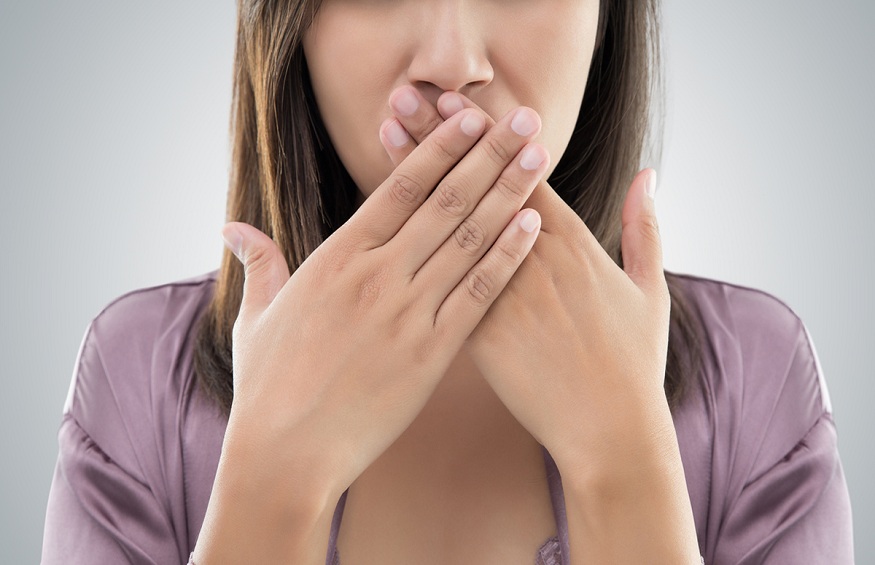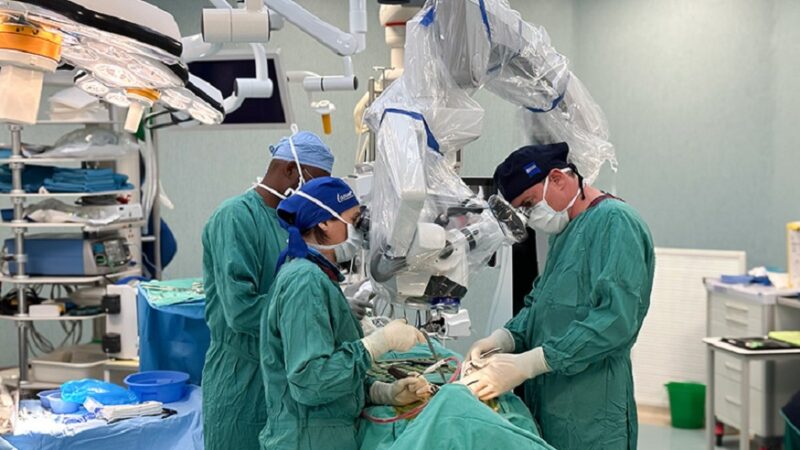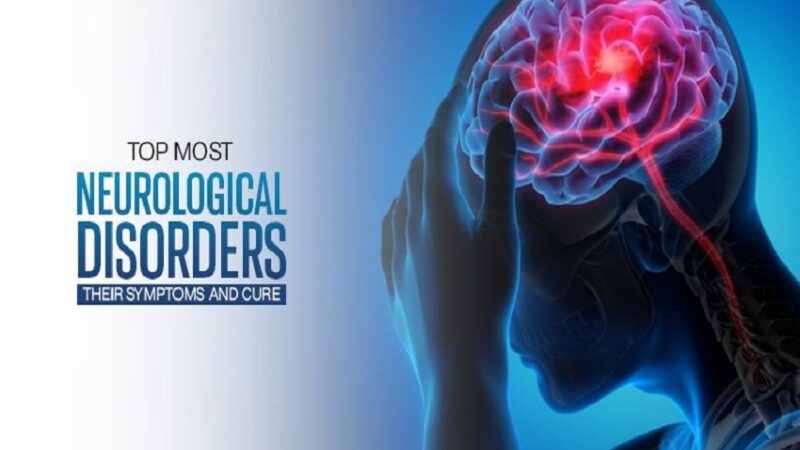Halitosis: Causes, Treatments, and Finding a Specialist

Bad breath, or halitosis, is a common problem that can happen to everybody at some time in their lives. Halitosis is a frequent issue with several probable causes and practical remedies, even though it may be unsightly. The causes of halitosis, potential treatments, and how to locate an expert by searching for “halitosis doctor near me” will all be covered in this blog.
Causes of Halitosis
- Poor Oral Hygiene: Having poor dental hygiene is the most frequent cause of bad breath. Oral bacteria break down food particles, which release chemicals with a bad odour.
- Diet: Due to their pungent flavours, several meals, such as garlic, onions, and spicy dishes, might temporarily worsen bad breath. Low-carb diets can also cause “keto breath,” a particular kind of bad breath.
- Dry Mouth (Xerostomia): Saliva is essential for rinsing the mouth and balancing bacterial acid production. Bad breath can come from a dry mouth because it promotes the growth of germs.
- Gum Disease: As a result of bacterial proliferation and the production of toxins, gingivitis and periodontal disease can both result in chronically poor breath.
- Dental Conditions: Tooth decay, abscesses, and improperly fitted dental appliances can promote the growth of bad breath.
- Smoking and Drinking: Alcohol and tobacco use increase the likelihood of developing bad breath and cause dry mouth.
- Medical Conditions: Due to their influence on the body’s metabolism and breath, several medical diseases, such as respiratory infections, diabetes, liver illness, and acid reflux, can lead to halitosis.
Treatments for Halitosis
Here are some of the bad breath treatment options that a dentist might offer you.
- Oral Hygiene: Having proper dental hygiene is the first step in curing bad breath. Use an antiseptic mouthwash to destroy bacteria, and brush your teeth at least twice daily. You should also floss every day.
- Keep Hydrated: Water helps prevent dry mouth and keeps germs at bay. Saliva production can also be boosted by chewing sugar-free gum or sucking sugar-free sweets.
- Dietary Adjustments: Keep an eye on your diet and avoid anything that can give you temporary bad breath. Keeping a healthy diet helps lessen the problem.
- Routine Dental Checkups: Visit a halitosis treatment dentist for routine examinations and cleanings, visit the dentist. They can spot and take care of oral issues causing bad breath.
- Alcohol and Smoking: Both oral health and breathing can be improved by reducing alcohol intake and quitting smoking.
- Medication: Your dentist or medical professional could occasionally recommend specific mouthwashes or medications to treat underlying illnesses.
- Treatment of Underlying Conditions: Managing underlying medical issues like diabetes or acid reflux might reduce the symptoms of bad breath.
Finding an Expert
It might be time to see a professional by searching for “halitosis treatment center near me” or “halitosis specialist near me” if you’ve tried the aforementioned remedies but your bad breath still persists. The best way to do that is as follows:
- Dentist: Since they are specialists in oral health, start with your dentist. They can pinpoint oral causes of halitosis and offer suitable care or recommendations.
- Oral and Maxillofacial Surgeon: Your dentist could suggest an oral and maxillofacial surgeon if you have complicated dental problems or need surgery.
- Ear, Nose, and Throat (ENT) Specialist: A specialist in ENT can assist in diagnosing and treating halitosis brought on by tonsil stones, sinus disorders, or other upper respiratory conditions.
- Gastroenterologist: Consult a gastroenterologist if you have bad breath caused by digestive problems such as acid reflux.
- Internist: An internist or general practitioner can assess and treat underlying medical issues if the cause is systemic.
Conclusion:
Halitosis is a prevalent illness with various underlying causes and potent therapies. The problem may frequently be resolved by practising proper dental hygiene, staying hydrated, and making dietary changes. It is advised to visit a doctor if bad breath persists to find and treat any underlying issues. Always remember that seeking medical advice is the first step to cleaner breath and better general health.






